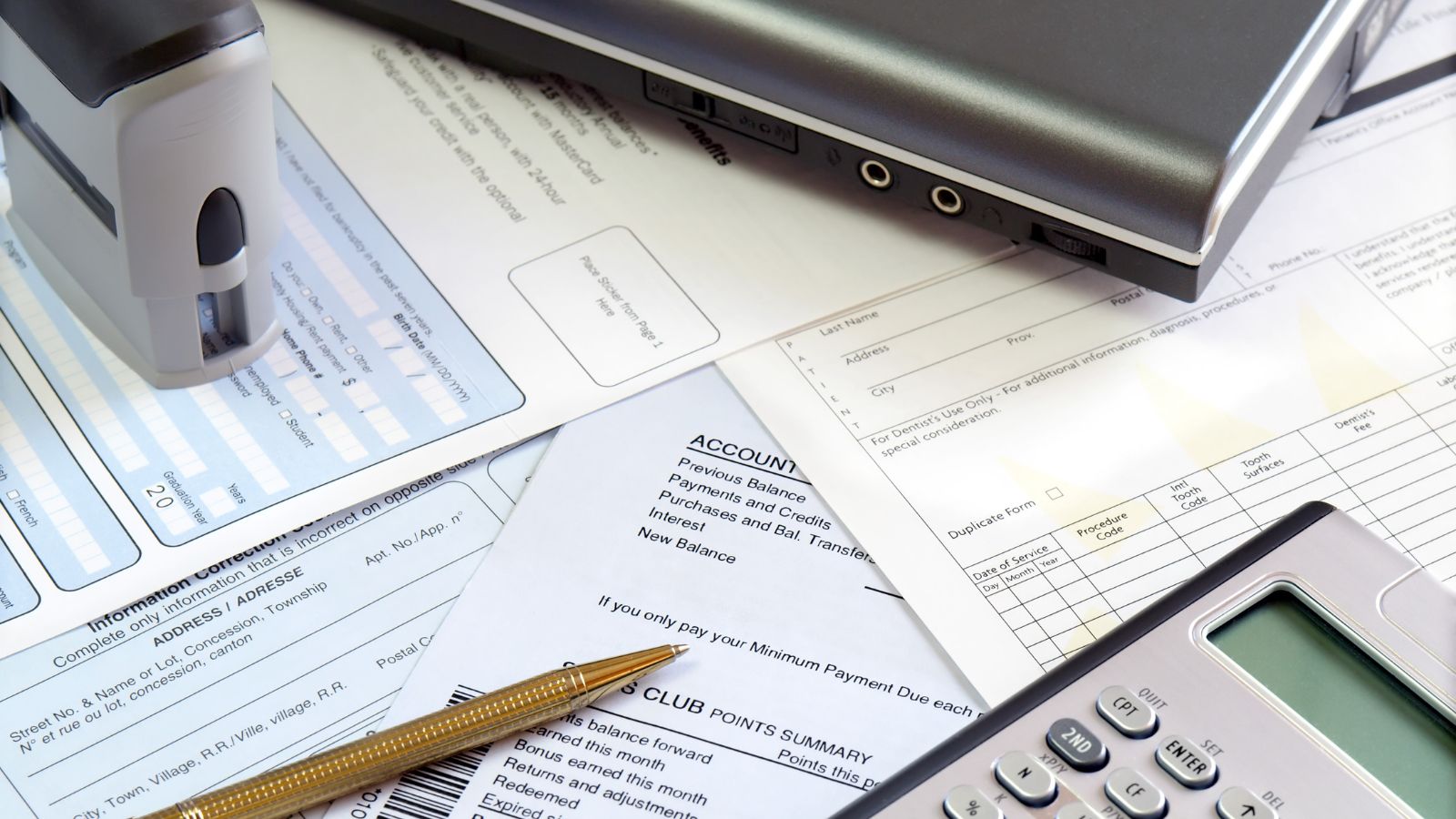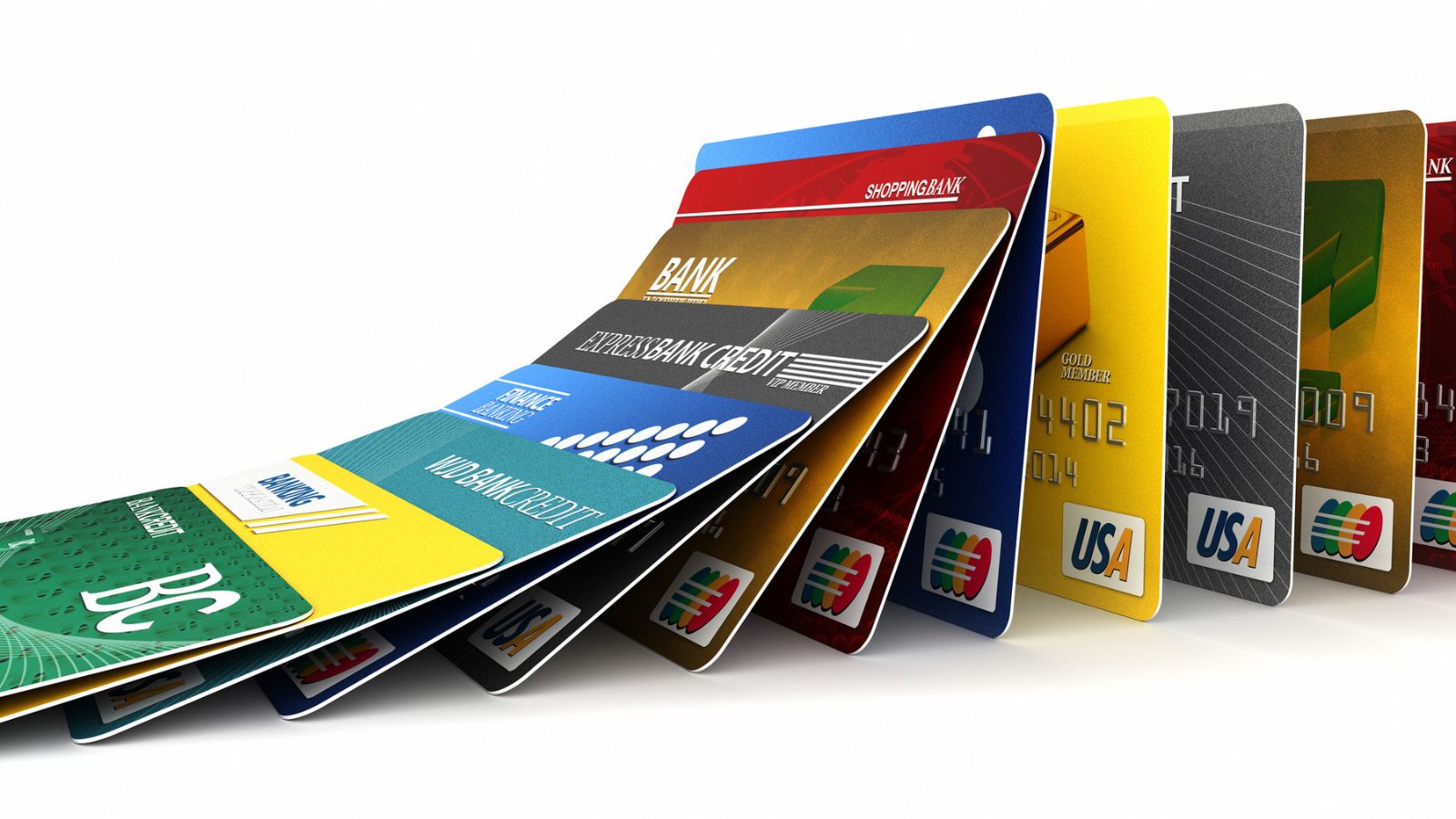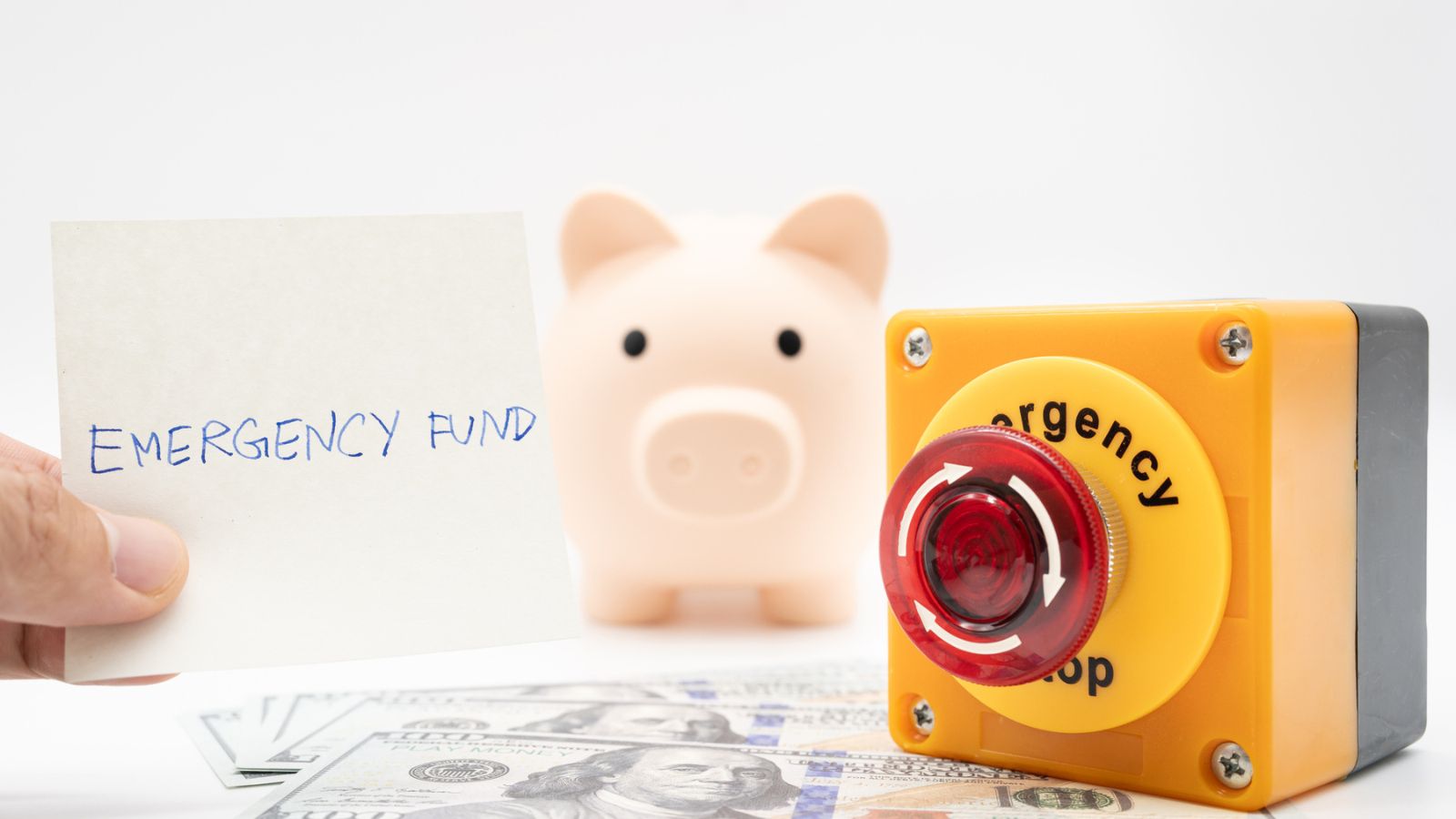Diversifying your income streams is common advice for handling finances, something we’ve all heard from experts and colleagues. But before you diversify your income sources, you’ve got to start with one source of income. If you’re in the middle class and rely on one income, here are some ways you can survive and lay a foundation for future growth.
1. Reassess your budget

Reassessing your budget involves a thorough examination of your monthly expenses and income. List all expenses, from bills to discretionary spending. Evaluate what can be trimmed down or eliminated. For instance, cutting out unused subscriptions or services like multiple streaming platforms or gym memberships you don’t need can significantly reduce expenses. Embracing frugality by cooking at home more often, carpooling, or finding free entertainment options can also help.
2. Make Savings Work

For instance, when one partner stays home, it often reduces commuting, childcare, and work-related expenses. This money can be saved and put to good use. Consider placing these savings in an account that earns interest or using them to pay off debts. This can create a buffer and contribute to financial stability in the long run.
3. Reduce Monthly Bills

For example, consider lowering interest rates on loans, such as mortgages, auto loans, or student loans, which can lead to substantial savings. Refinancing these loans at a lower rate can reduce monthly payments, allowing more financial breathing room. Look through all the other monthly bills and identify more bills to eliminate or downsize.
4. Unemployment Benefits

If your partner loses their job due to layoffs or other reasons, understanding and applying for unemployment benefits can offer temporary financial support. It’s crucial to check eligibility and start the application process promptly. If you’re eligible, make sure you do everything you can to claim these benefits. They significantly supplement your budget.
5. Early Cost-Cutting

Identifying areas to cut costs early on is crucial. This involves prioritizing expenses and making tough decisions. It might mean downsizing living arrangements, selling assets that aren’t essential, or renegotiating contracts for better rates on utilities or insurance. This allows you to minimize expenses early and save more.
6. Debt Repayment

Prioritize paying off high-interest debts, like credit card balances. Even making minimum payments consistently can prevent debts from escalating. Transferring balances to lower-interest cards or exploring debt consolidation options might save on interest payments. In the long run, you must always prioritize getting debts with favorable rates.
7. Consider Tax Withholding

Adjusting tax withholdings is essential after a change in income. Too much withholding might mean less money available monthly, while too little might result in owing taxes at the end of the year. You should consider consulting a tax expert or using online calculators to determine the correct withholding can prevent financial surprises.
8. Seek Low-Cost Activities

Avoid expensive outings like dining at restaurants or attending pricey events. Instead, opt for low-cost or free alternatives. Activities like family walks, board games, or movie nights at home can provide entertainment without hefty expenses. When you travel, always do your research to figure out the best activities that don’t cost a lot to save on your trip costs.
9. Meal Planning for Savings

Planning meals ahead and creating a shopping list based on specific dinner plans for the week can significantly reduce grocery expenses. Having a clear meal plan helps in avoiding impromptu takeout meals, which can save a substantial amount. It also allows you time to find discounted food options.
10. Emergency Fund Creation

Building an emergency fund is vital for financial security. It acts as a safety net against unexpected expenses like medical emergencies or home repairs. Ideally, aim to save enough to cover six to nine months of living expenses. Set up automatic deposits from paychecks into savings and learn to manage expenses efficiently. Having emergency funds gives peace of mind which is crucial to making better finance-related decisions.
11. Transition to One Car

Operating as a one-car household can significantly cut costs related to fuel, insurance, and maintenance. Consider using public transportation or carpooling for commuting while reserving the car for essential errands. You will often realize that it is unnecessary and more to drive multiple cars if your movements are usually in the same direction. Effective communication and scheduling are crucial when sharing one vehicle. Clear agreements about car usage and backup plans, like public transport or ride-sharing, can help manage transportation needs.
12. Use Emergency Fund Wisely

If needed, utilize the emergency fund to ease financial strain during the transition to a single income. Rebuilding this fund later, once finances stabilize, is advisable. However, avoid spending money in your emergency for luxury purchases. It should only be tapped into in emergency events such as job loss
13. Explore Extra Income Opportunities

Consider part-time work or side hustles to supplement the household income. Monetize hobbies or explore alternative income sources to alleviate Monetize hobbies or explore alternative income sources to alleviate financial pressure. You should also consider attaining high-income skills that will allow you to get a better-paying job.
14. Prioritize Time Over Money

With reduced income, focus on spending quality time with family or pursuing personal interests. Reevaluate household expenses, such as hiring services or takeout meals, and consider eliminating unnecessary costs. You should also consider doing home such as cleaning or mowing tasks by yourself instead of hiring people to do them.
15. Downsize your home

If housing costs are a significant portion of your budget, downsizing to a smaller home or relocating to a less expensive area can result in substantial savings. Smaller homes often mean lower utility bills and reduced maintenance expenses, contributing to a more manageable budget.
50 Super Simple Side Hustle Ideas

50 Super Simple Side Hustle Ideas (& How to Make Them Work)
10 Frugal Lessons I Learned From Being Flat Out Broke

10 Frugal Lessons I Learned From Being Flat Out Broke
How To Make Money Without a Job

How To Make Money Without a Job
Creative Ways To Make Money

20 Easy Ways to Raise A Credit Score Fast

Read More: 20 Easy Ways to Raise A Credit Score Fast
Frugal Living Tips: The Essential Guide To Start Saving Money

Frugal Living Tips: The Essential Guide To Start Saving Money


 Get more stories from Bento Bucks on money hacks and trending money news!
Get more stories from Bento Bucks on money hacks and trending money news!